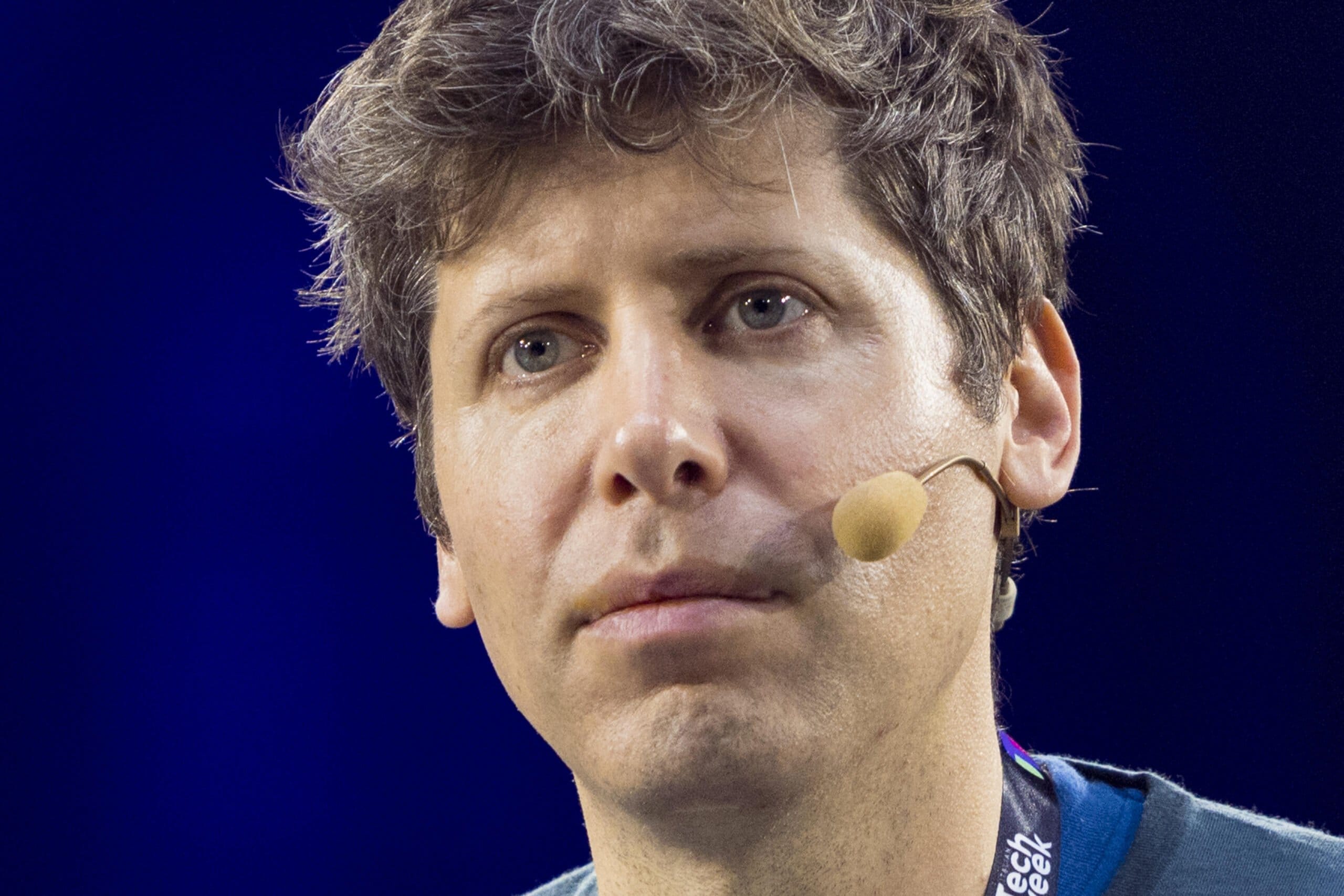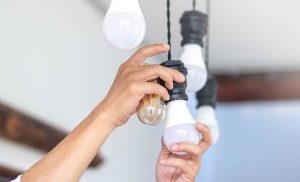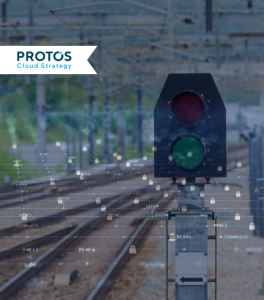
With the identification project World, AI visionary Sam Altman wants to ensure that real people can be distinguished from software copies online.
With ChatGPT inventor OpenAI, co-founder Sam Altman has opened the door to artificial intelligence that can imitate humans. With the World identification project, he now wants to ensure that real people can be distinguished from software copies online. To do this, people should create a profile – “World ID” – with an eye scan. You can only do this on World's spherical scanners called Orb.
Among other things, World wants to tackle the problem of so-called deepfake videos, in which AI software is used to create deceptively real-looking but fake recordings of real people. One of the biggest concerns right now is that fraudsters are trying to trick employees into making money transfers by staging a video call with the alleged boss.
Detect fake videos thanks to scans
World's solution, called “Deep Face,” is to match the videos with the images taken when eyes are scanned. The company wants to offer its own camera interface on users' devices, so that cooperation between the tech platforms will not be necessary.
The software will be compatible with widely used video apps such as WhatsApp, Zoom, Microsoft's Teams and Apple's Facetime, World announced. However, the recognition only works for people who have registered with World.
Read too
Privacy concerns
World originally started as a project with cryptocurrency elements under the name Worldcoin. The shorter name and a new version of the orb scanners were unveiled at an event in San Francisco on Thursday.
There have been privacy concerns about Worldcoin's original technical solutions in several countries. The introduction in Spain was stopped after objections from data protection advocates. In the Argentine capital Buenos Aires, however, around a third of the population had their eyes scanned, according to World. In Lisbon, every seventh resident has a profile.
The company emphasizes that no data is stored on the Orbs themselves, but rather goes directly to the users' devices. World relies on blockchain technology, such as that used in digital currencies. The data sets are split up and the parts are stored in different places. This is intended to make the system secure against data theft.
No replacement for identification documents
Altman emphasized that the new era of artificial intelligence makes it particularly important to be able to determine that someone is actually human. The current infrastructure is not suitable for this. World also wants to cooperate with governments, said co-founder Alex Blania, who comes from Germany. He assured that the aim was not to replace national identification documents. World also wants to offer governments the project's technology for online identification, which only requires part of the ID data. If there was a global protocol for this, it would be
That's a big advantage, said Blania.
1000 times more orbs
When introducing the more powerful Orb model, World also emphasized that 1,000 times more devices would be needed for the growth plans. So far there are locations where you can get scanned. In the future, it will also be possible in Latin America, among other countries, to have an Orb delivered to your home. What exactly Orb's business model should look like in the long term remained unclear even after the event.
Read too
Source: https://www.businessinsider.de/gruenderszene/technologie/openai-gruender-sam-altman-praesentiert-loesung-gegen-betrug-durch-ki-deepfakes/




